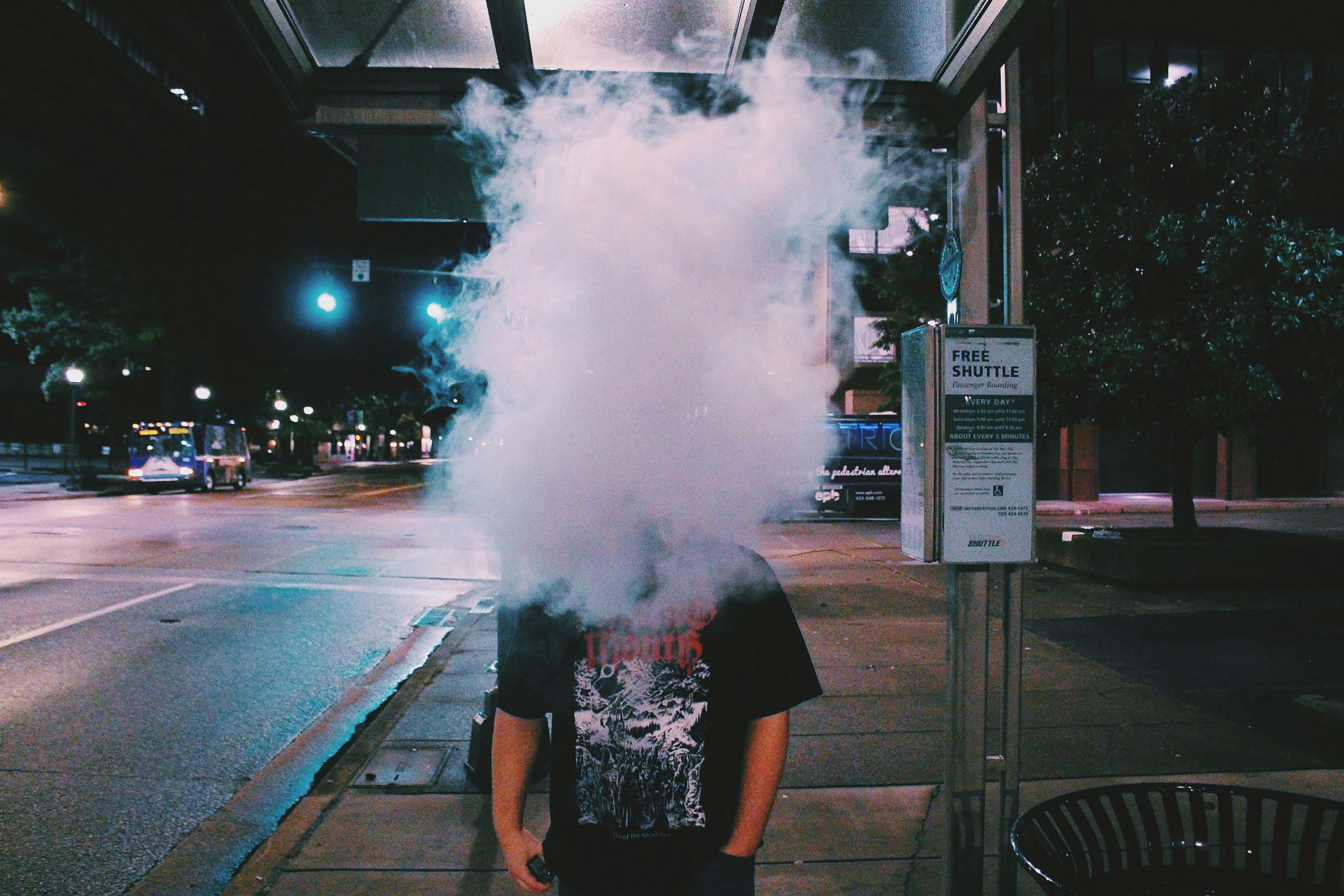Key Takeaways: This article discusses the seven stages of grief, as popularized by Elisabeth Kübler-Ross, and how they relate to individuals in addiction recovery. It emphasizes that grief is a personal and non-linear process, affecting both emotional and physical health, and suggests coping strategies such as seeking support and practicing self-care, particularly for those maintaining sobriety. The piece concludes by offering advice on how to support someone experiencing grief and highlighting the importance of self-compassion during the healing process.
Grief is a universal experience, yet it is deeply personal. Losing a loved one can feel like an insurmountable challenge, especially for those navigating the complexities of recovery from addiction. Understanding the 7 stages of grief can provide a framework for processing feelings, allowing for healing and eventual integration of grief. Read on to learn more about these stages in detail, discuss how grief affects the body and mind, and gain insights on coping with grief while in recovery.
Understanding the 7 Stages of Grief
The concept of the 7 stages of grief was popularized by Elisabeth Kübler-Ross in her book On Death and Dying. These stages are not linear; individuals may cycle through them multiple times or experience them in a different order based on personal circumstances. The stages are:
- Shock and denial: Initially, the news of a loss can leave you feeling numb. Denial serves as a defense mechanism, allowing you to process the reality of the situation gradually.
- Pain and guilt: As the shock wears off, emotional pain sets in. You may experience guilt, wondering if you could have done something differently to prevent the loss.
- Anger: This stage involves feelings of frustration and helplessness. You may direct your anger toward yourself, others, or even the deceased.
- Bargaining: In this stage, you may find yourself making deals with a higher power, wishing for a different outcome. This can often manifest as “if only” statements.
- Depression: This stage can be particularly challenging. Feelings of grieving, depression, and sadness can overwhelm you as the reality of the loss sinks in.
- The upward turn: Gradually, you may start to adjust to life without your loved one. This stage is marked by a sense of hope and the beginning of healing.
- Acceptance: The final stage involves coming to terms with your loss. Acceptance does not mean forgetting; rather, it signifies a readiness to move forward while cherishing the memories of your loved one.
How Long Do the 7 Stages of Grief Last?
The duration of the 7 stages of grief can vary significantly from person to person. Factors such as the nature of your relationship with the deceased, the circumstances surrounding their death, and your emotional resilience all play a role. For instance, how long it takes to grieve a spouse may differ from the grieving timeline for a parent. It is essential to allow yourself the time and space to experience each stage fully, as rushing through them can lead to grief exhaustion and unresolved feelings.
The Impact of Grief on the Body and Mind
Grief is not just an emotional experience; it can have significant physical effects. Many people wonder, What does grief do to your body? The stress of grief can lead to fatigue, changes in appetite, and even chronic pain. Additionally, grief can exacerbate existing health issues or lead to new ones, making it crucial to prioritize self-care during this time.
Grief Fatigue and Exhaustion
What does grief feel like? One common aspect of grieving is grief fatigue. This profound tiredness can stem from the emotional toll of processing loss. If you’re dealing with loss sober, you may find yourself feeling drained, both mentally and physically. It’s essential to recognize this fatigue and allow yourself to rest. Engaging in activities that promote relaxation, such as meditation or gentle exercise, can help mitigate feelings of grief exhaustion.
The 7 Stages of Grief and Addiction Recovery
For those in recovery, dealing with grief can be particularly challenging. Grief in recovery requires a delicate balance. The emotional pain associated with loss may trigger cravings or feelings of wanting to escape, leading to a potential relapse. It’s vital to have a plan in place for coping with grief while maintaining sobriety.
Coping with Grief in Sobriety
There are several ways to find grief and loss support while in recovery. Some are listed below:
Seek Support
Engaging with grief support for addicts can provide a safe space to express your feelings. Look for grief counselors near me or consider online grief counseling options. Support groups specifically designed for those in recovery can also be beneficial. Hospice and bereavement services may also be available, depending on medical insurance.
Practice Self-Care
Prioritize your physical and emotional wellbeing. Establishing a routine that includes healthy eating, exercise, and adequate sleep can help manage the physical symptoms of grief.
Stay Connected
Isolation can exacerbate feelings of grief and lead to unhealthy coping mechanisms. Reach out to friends, family, or support groups. Sharing your feelings can lighten the emotional load.
Engage in Healthy Activities
Instead of turning to substances, find activities that bring you joy and comfort. This could include hobbies, volunteering, or spending time in nature.
Consider Grieving Therapy
Professional help can provide tools and strategies for navigating grief while in recovery. Grieving therapy can help you process complex emotions and develop healthier coping mechanisms.
What to Say to Someone Who Lost a Loved One
If you are supporting someone who is grieving, knowing what to say to someone who has lost a loved one can be challenging. Here are a few suggestions:
- “I’m so sorry for your loss.”
- “I’m here for you.”
- “It’s okay to feel however you’re feeling.”
Offering your presence and a listening ear can be more comforting than trying to find the perfect words.
Navigating the 7 stages of grief is a deeply personal journey that can be especially complex for those in recovery from addiction. Understanding these stages and their impact on both emotional and physical health can empower you to face the challenges of grief with resilience. Remember that grief is not a linear process; it ebbs and flows, and it’s essential to be gentle with yourself during this time.
If you or a loved one is struggling with addiction, Mountainside can help.
Click here or call (888) 833-4676 to speak with one of our addiction treatment experts.

 By
By 






